
As a community at TEP, we understand the importance of ensuring a supportive culture, where mental health is part of everyday conversation and connection. Alongside access to training and resources, our Mental Health First Aiders play a key role in offering a listening ear and signposting support.
Read on to learn more about what the role means to them, how they support others, and offer grounded, practical advice. Whether it’s a friendly check-in or guiding someone to further help, these small actions really do matter.
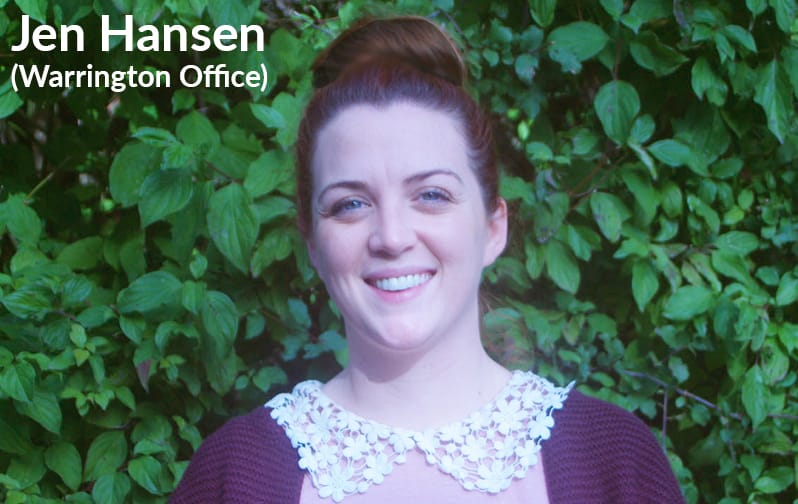
As one of TEP’s Mental Health First Aiders, I’m trained to recognise the signs of mental health issues, offer initial support, and guide colleagues towards appropriate professional help. While we’re not counsellors or therapists, we’re here to listen without judgement, provide reassurance, and start supportive conversations. We’re also equipped to respond in a crisis and can help signpost further sources of help.
Beyond that, we’re actively involved in promoting wellbeing initiatives across the company, supporting a culture where mental health is taken seriously and people feel comfortable reaching out.
There are lots of ways to seek support, depending on what feels right for you. TEP’s health and wellbeing programme delivered in partnership with UNUM is a great starting point, offering online support and wellbeing checks as well as access to the Help@Hand app and employee assistance programme. Speaking to your GP is another option; they can assess your needs and refer you to specialist services if needed. If you’re in immediate need of someone to talk to, helplines like the Samaritans or Lifeline are available 24/7. However you choose to reach out, it’s important to remember you’re not alone, help is always available.
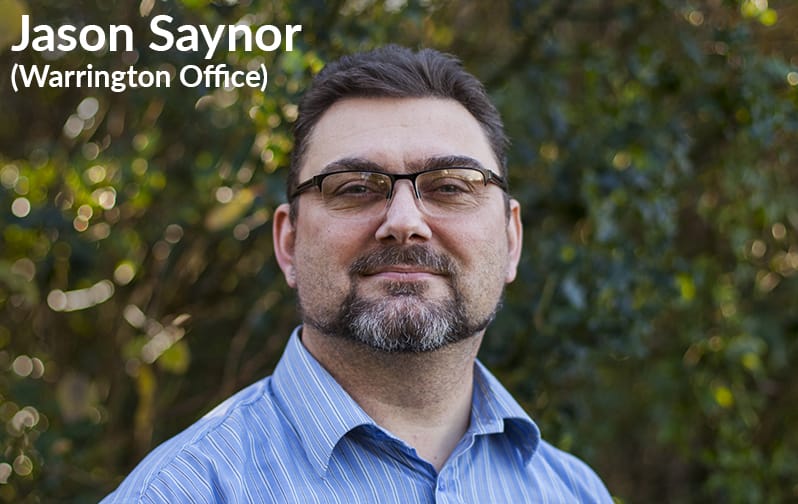
There are several misconceptions surrounding mental health first aid (MHFA). One of the most common is that it’s simply a matter of applying common sense. In reality, another person’s mental state can be easily overlooked, and many a person will talk unprompted if they are experiencing difficulties. MHFA training provides the skills and knowledge to recognise symptoms, approach someone appropriately, and offer support.
It’s also important to understand that a Mental Health First Aider is not a substitute for professional help, nor are they counsellors or therapists. MHFA is comparable to providing physical first aid to an injured person, providing immediate assistance and guiding the person towards professional help if it’s required. Instead, consider chatting with a MHFA as more a preventative method, to have someone listen and confide in before something may develop into an actual crisis. Having someone to talk to early on, or to offer additional support alongside professional care, can make a significant difference.
If someone confides in you, the most important thing you can do is listen. Ask a few gentle, contextual questions and acknowledge that you’ve heard them. Check whether they’re already seeking practical help and encourage them to do so if not. If it’s a work colleague, you might also ask if they’d consider speaking to one of TEP’s Mental Health First Aiders; there are a number of resources available and support can be offered.
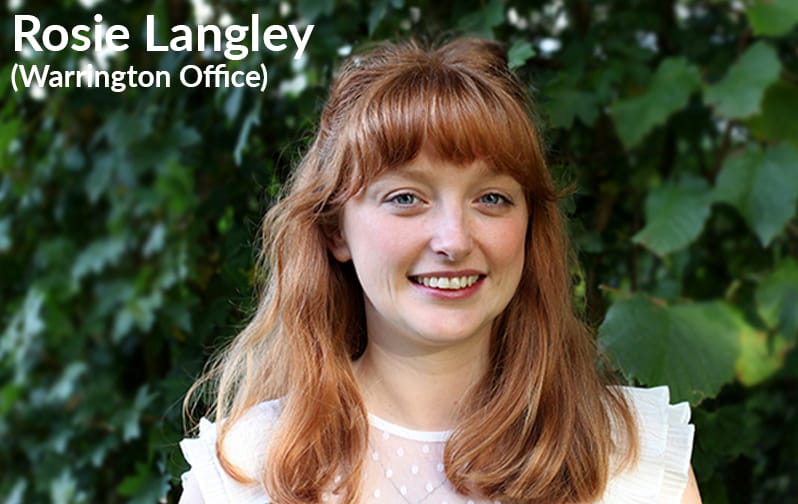
There are a number of signs that could suggest a colleague is experiencing a period of poor mental health. These might include someone regularly arriving late to work or struggling to meet deadlines. You may notice they’re difficult to contact during working hours or that they repeatedly keep their camera off during Teams calls. Changes in behaviour can also be a clue, for example, acting out of character, showing increased sensitivity to feedback, or appearing to worry excessively.
Self-care looks different for everyone, but there are a number of small habits that can make a positive difference during the working day. Taking a proper lunch break away from your desk and finishing work on time helps to maintain healthy boundaries. Prioritising sleep, and fitting in a nap if needed, supports mental clarity and resilience. Making time for something you enjoy, whether it’s playing a team sport, being creative, catching up with a friend, or listening to music, can also be a great outlet. Sometimes, simply sitting by a lake can offer a moment of calm and reset. If you work from the Warrington office, watching the birds around the lake in Birchwood Park is ideal.
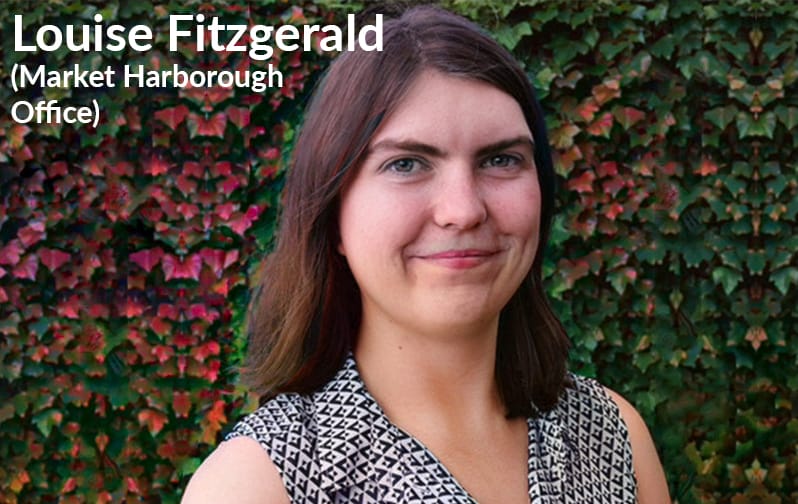
Talking openly about mental health is key to breaking down stigma. It’s important to create spaces where people feel comfortable sharing how they’re really doing. At TEP, we offer regular Mental Health First Aid clinics and have a network of trained Mental Health First Aiders across the business, but support doesn’t have to come solely from them, everyone has a role to play in fostering a culture of wellbeing.
One way we can all contribute is by making wellbeing a standard part of conversations. During 1:1s between staff and mentors or line managers, a simple check-in can go a long way. Asking open-ended questions like “How have you really been feeling lately, mentally and emotionally?” or “What do you need more (or less) of at work right now to feel supported?” can help create space for honest dialogue. Asking “How can we create a more supportive environment for each other?” can encourage valuable reflection and connection. These conversations don’t have to be long or formal. Sometimes five minutes is enough. Walking and talking or catching up over lunch can ease the pressure and help people feel more relaxed. The most important thing is to make it clear that you’re there to listen without judgment. Be present, listen carefully, and resist the urge to offer solutions unless they’re asked for.
Often, just being heard is enough to make a meaningful difference.
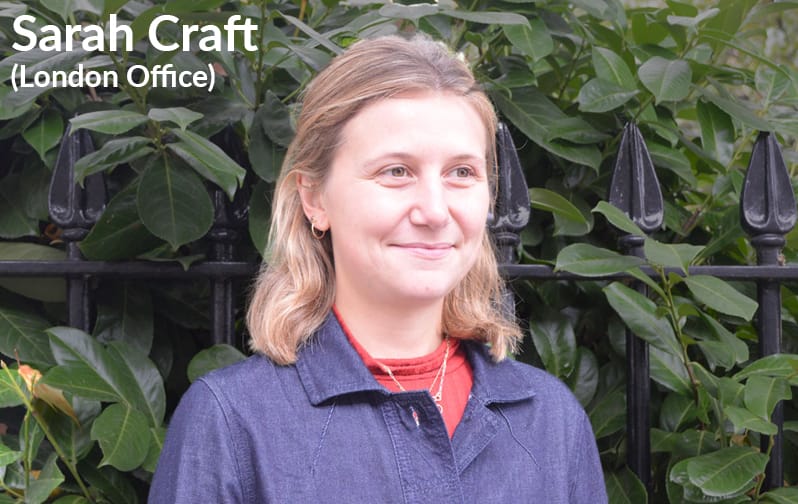
ne way to think about mental wellbeing is to imagine that we all carry a bucket that holds our stresses. As we take on the pressures of daily life, along with the emotional weight of supporting others, our bucket gradually fills up. Without a way to relieve that pressure, it can eventually overflow. To keep supporting others effectively, we need to make space in our own bucket by letting some of that stress out (put holes in the bottom of the bucket!). Everyone’s way of doing this will look different. It might be going for a run, cooking, taking a bath, going for a walk, or getting stuck into something creative. The key is finding what works for you and making time for it. Just as important is setting boundaries and recognising when you need to prioritise your own wellbeing.
When supporting someone close to you, it’s important to remember that you don’t have to do it all on your own. Be aware of the support networks, charities, and professionals that may be able to help your friend or family member, and don’t hesitate to point them in that direction. These organisations can often provide long-term support or even guidance for you as a supporter.
Sometimes, simply being there to listen is more than enough. It’s a valuable role in itself. Just be mindful of your own limits; if your stress bucket starts to overflow, it’s okay to revisit your boundaries and take a step back. Looking after yourself is not only important for your own health, but also ensures you’re in the best position to help others.
Looking after mental health is just as important as your physical health and should be a daily practice for us all, not just a one-off event. Whether it’s checking in with a colleague, making time for self-care, or simply being open about how we’re feeling, small actions can make a big difference. Thank you to our Mental Health First Aiders for sharing their insights and for continuing to offer support across TEP.








